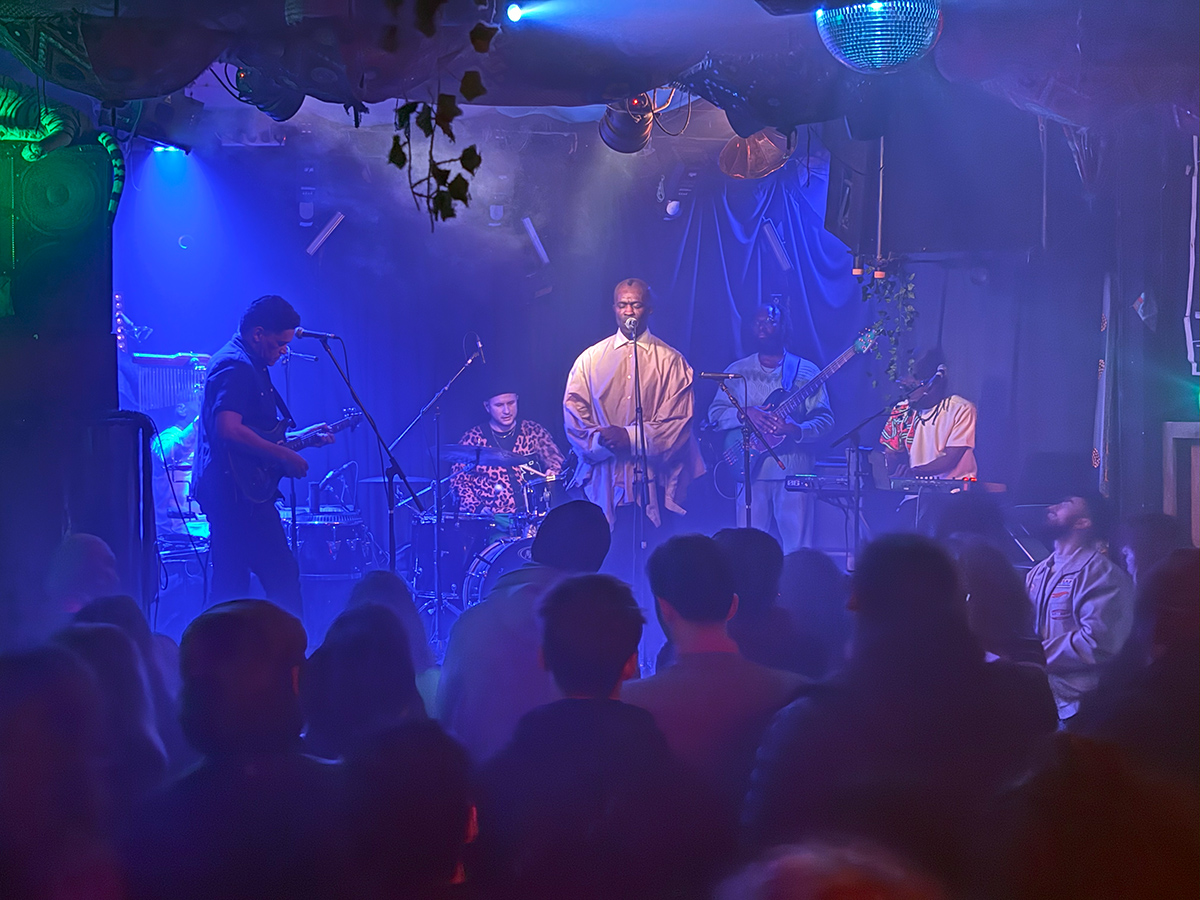As protests continue in many cities across Turkey, the reactions of government, police and media have shown up only too clearly to a wider audience – domestic and international – the increasingly problematic nature of Turkish democracy, and its growing authoritarian tendencies. Index on Censorship CEO Kirsty Hughes writes
Police brutality in response to the mainly peaceful protesters has been rightly criticised. The failure of mainstream Turkish media to cover the protests from the start – choosing instead cooking programmes and other non-contentious fare – has surprised some, and also being strongly criticised. If anyone inside or outside Turkey had not paid attention to growing censorship, including self-censorship, of Turkish media, it has now been widely exposed for all to see. Yet comments from some, including the European Union, have been surprisingly limited – focusing mainly on police brutality and not the wider human rights and democracy issues.
While some commentators rashly labelled the protests a ‘Turkish spring’, those who have followed Erdogan’s AKP government in its move from promoting a number of key democratic reforms ten years ago to showing a more authoritarian side in the last few years were clear that these authoritarian tendencies are underpinning this outburst of discontent. As Amberin Zaman writes: “My overall impression, and it’s commonly shared, is that the Taksim Park project has morphed into a vehicle for popular resentment against Erdogan’s increasingly dismissive and authoritarian ways”.
As she concisely puts it: “He is a democratically elected leader who has been acting in an increasingly undemocratic way.”
While Erdogan successfully stood up to ‘soft’ and anti-democratic attempts to undermine his government – the ‘e-coup’ in 2007, the attempted ‘ judicial coup’ in 2008 – subsequent years have seen increasing numbers of journalists jailed, considerable political pressure on media outlets, with journalists and editors widely self-censoring, and many being dismissed for expressing opinions freely in their writing.
Index highlighted this censorship in shortlisting Turkish journalists for its media freedom award this year. The Turkish media themselves have now highlighted it in their failure to fully cover these widespread protests.
Those who have been promoting Turkey as a role model for ‘Arab Spring’ countries like Egypt and Tunisia, or who have been holding back on criticising Turkey’s increasing attacks on free speech for reasons of diplomacy and real politik, now must surely face up to the more difficult reality that Turkey is a country that imprisons more journalists today than Iran or China. The European Union’s foreign policy supremo Cathy Ashton did, with a delay, come out to condemn disproportionate use of force by the police.
Related: “There is now a menace which is called Twitter”
But the EU should have addressed sooner and more strongly the clear and growing attacks on media freedom in Turkey – and Ashton has, even now, yet to come out strongly on this in the context of the protests. The EU has rather little influence in Turkey compared to a decade ago when membership talks were about to start – these talks have now faltered and slowed. But the EU does insist all candidate countries meet its ‘Copenhagen Criteria’ that say candidates must be democracies who respect the rule of law and human rights. Back in 2004, when the Union’s leaders agreed to start talks Turkey was said to “sufficiently meet” those criteria.
It is no longer clear, given its deliberate creation of media censorship, and the brutality of police in the face of mass protests, that Turkey does meet those criteria. If the EU stands for human rights in its neighbourhood, surely it should make a much stronger, robust condemnation of Turkey’s growing anti-democratic tendencies and its attacks on freedom of expression.




